Nutrition
If you find a broken link in this list, please report it to the webmaster.
What are vitamins?
There are two types of vitamins: fat-soluble and water-soluble.
Fat-soluble vitamins
Fat-soluble vitamins are found mainly in fatty foods and animal products, such as vegetable oils, milk and dairy foods, eggs, liver, oily fish and butter.
While your body needs these vitamins every day to work properly, you don't need to eat foods containing them every day.
This is because your body stores these vitamins in your liver and fatty tissues for future use. These stores can build up so they are there when you need them. However, if you have much more than you need, fat-soluble vitamins can be harmful.
Fat-soluble vitamins are:
Water-soluble vitamins
Water-soluble vitamins are not stored in the body, so you need to have them more frequently.
If you have more than you need, your body gets rid of the extra vitamins when you urinate. As the body does not store water-soluble vitamins, these vitamins are generally not harmful. However, this doesn't mean that all large amounts are necessarily harmless.
Water-soluble vitamins are found in a wide range of foods, including fruit, vegetables, potatoes, grains, milk and dairy foods. Unlike fat-soluble vitamins, they can be destroyed by heat or being exposed to the air. They can also be lost in water used for cooking.
This means that by cooking foods, especially boiling them, we lose some of these vitamins. The best way to keep as many of the water-soluble vitamins as possible is to steam or grill foods, rather than boil them, or to use the cooking water in soups or stews rather than pouring it away.
Water-soluble vitamins are vitamin C, the B vitamins and folic acid.
There are also many other types of vitamins and minerals that are an important part of a healthy diet.
*** CLICK AT ANY PICTURE below TO ENLARGE IT and see a SLIDE SHOW***
 |
 |
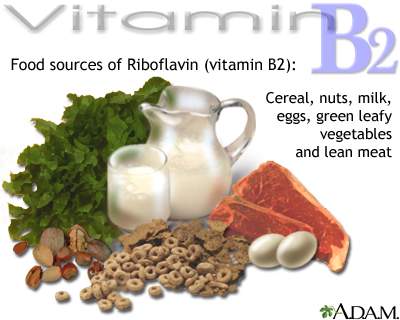 |
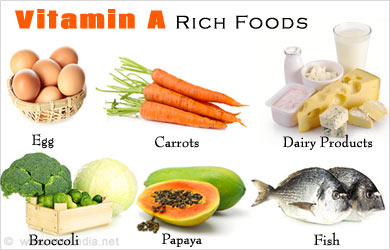 |
 |
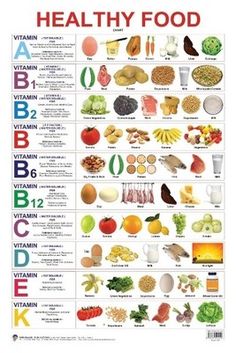 |
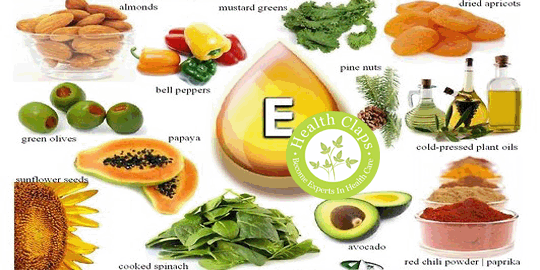 |
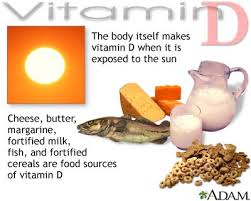 |
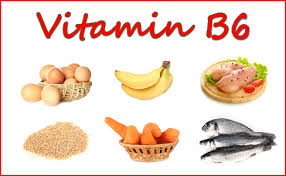 |
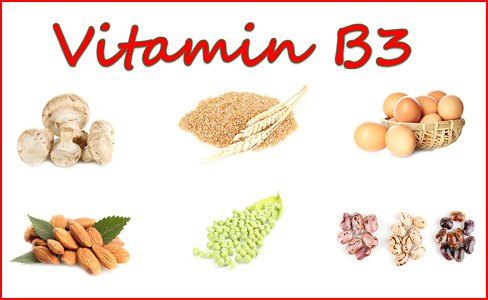 |
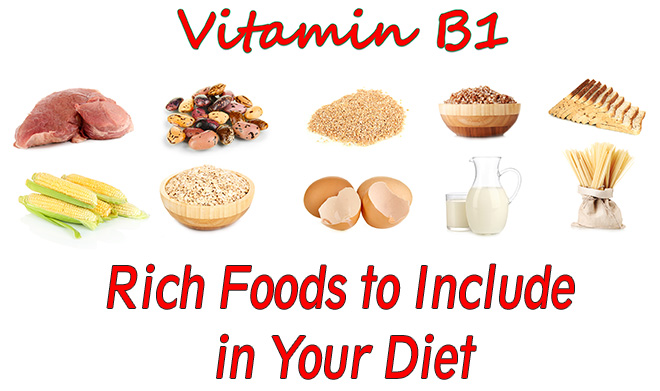 |
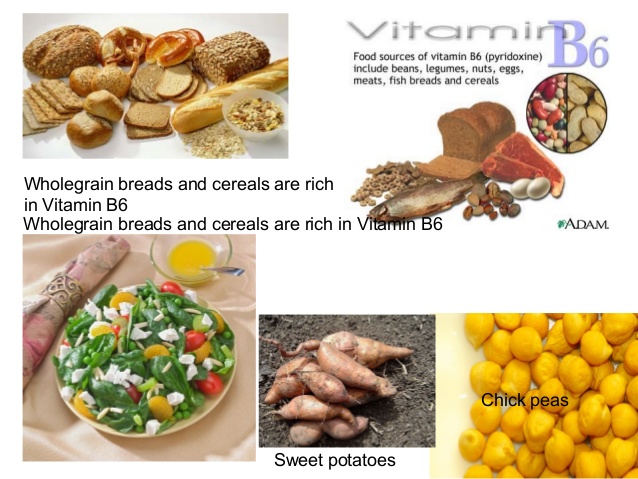 |
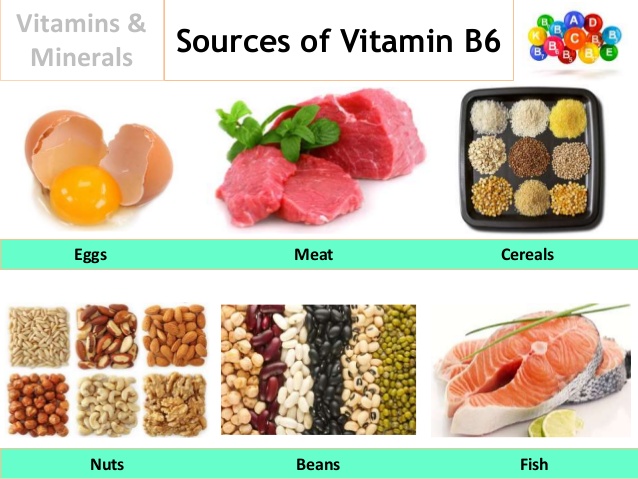 |
 |
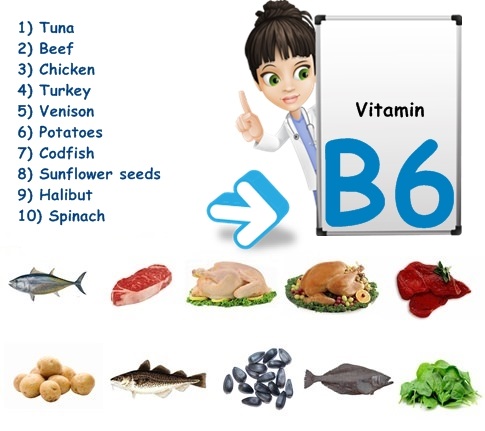 |
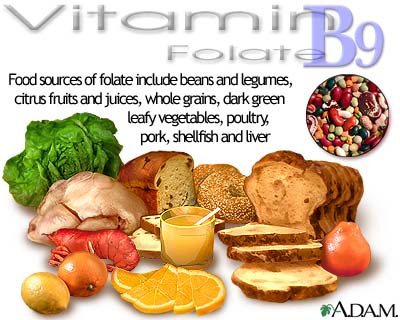 |
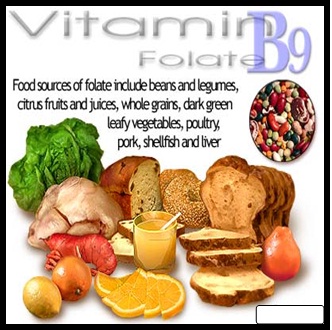 |
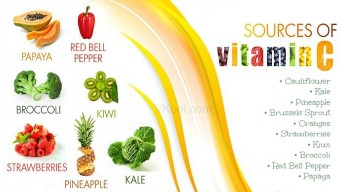 |
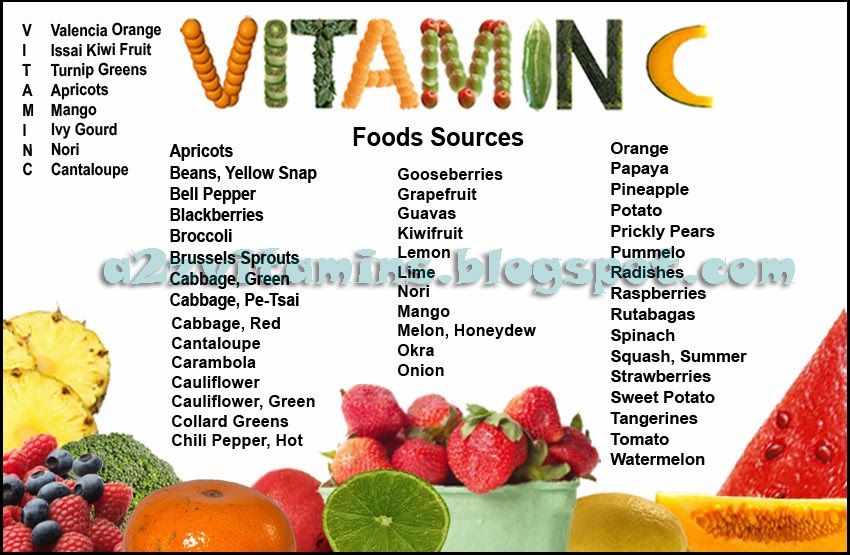 |
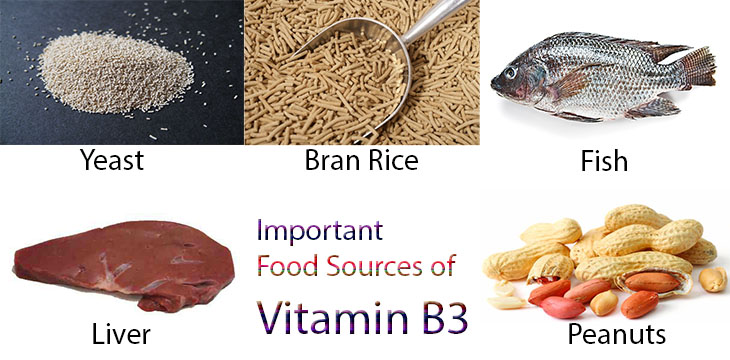 |